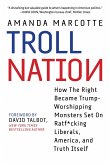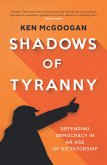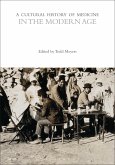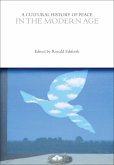How much are the extraordinary departures of twentieth century history to be credited to 'the new'? Did modernity reinvent the world, as modernists themselves often contended? Or was tradition able to reinvent itself in the face of the 'shock of the new' (Robert Hughes) and demonstrate its persistence? Richard Steigmann-Gall here considers how the historical investigation of extremist politics from the start of the 20th century to today is still driven by this very tension. Religion and Fascism in the Modern West interrogates a series of traditions of historical writing for the ways in which the secular modernity of such politics is taken as a starting point of analysis. Dealing primarily with history, it also speaks vitally to contemporary concerns and political commitments. Steigmann-Gall explores how the role of cultural traditions, particularly religious ones, in the construction of modern categories such as race and nation, has become such a pressing issue. Using a three-part structure, which examines antisemitism in Germany, fascism and religion across 20th-century Europe, and contemporary comparisons of both with the recent history of the United States, he makes ground-breaking connections that will be of immense interest to anyone seeking to know more about the extremist politics of the West in the modern era.
Hinweis: Dieser Artikel kann nur an eine deutsche Lieferadresse ausgeliefert werden.
Hinweis: Dieser Artikel kann nur an eine deutsche Lieferadresse ausgeliefert werden.








